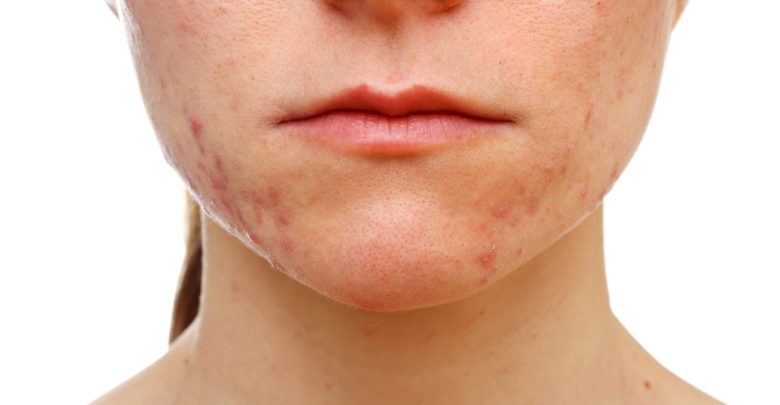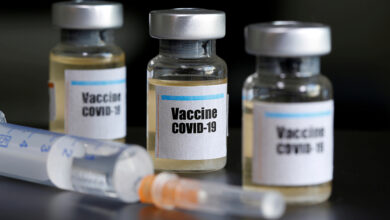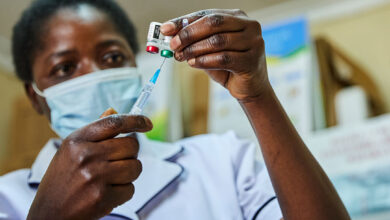Health
How To Cure Acne? A New Acne Vaccine Might Be The Answer
Researchers working on a new acne vaccine that targets acne causing bacterial toxins

How to cure acne? If you are among those who desperately need an answer to the question then there’s some good news for you. Researchers are reportedly working on a new acne vaccine which will target the bacterial toxins that lead to acne.
A team of researchers from the University of California, San Diego, have discovered a first of its vaccine that will focus on reducing the body’s inflammatory response to a kind of bacteria that causes acne.
“The potential impact of our findings is huge for the hundreds of millions of individuals suffering from acne,” said Chun-Ming Huang, the lead researcher on the study.
Huang is a professor of dermatology at the University of California, San Diego.
Propionibacterium acnes bacteria, which causes acne, secretes a toxin known as Christie-Atkins-Munch-Peterson (CAMP) factor. This toxin induces inflammatory responses in the skin leading to acne. The current treatments for acne which includes skin creams, antibiotics, and systemic retinoids often result in unpleasant side effects, such as extreme skin dryness and irritation.
The researcher claims that the proposed acne vaccine will significantly minimize the inflammatory responses by applying specific monoclonal antibodies to the CAMP factor, that too without causing any harmful side effects on the body. The vaccine will complete its work without involving the hormones and messing up the body’s chemical balance.
The research team has already tested the vaccine in mice and human tissue samples to check whether they could inhibit inflammation by employing antibodies to neutralize this virulence factor. It was found the application of monoclonal antibodies to CAMP 2 factor did indeed decrease the inflammatory response.
The researchers are now eyeing for further research on the vaccine prior to conducting large-scale clinical trials on humans. They are hoping to make the vaccine public within the next couple of years.
The study results have been published in the Journal of Investigative Dermatology.






